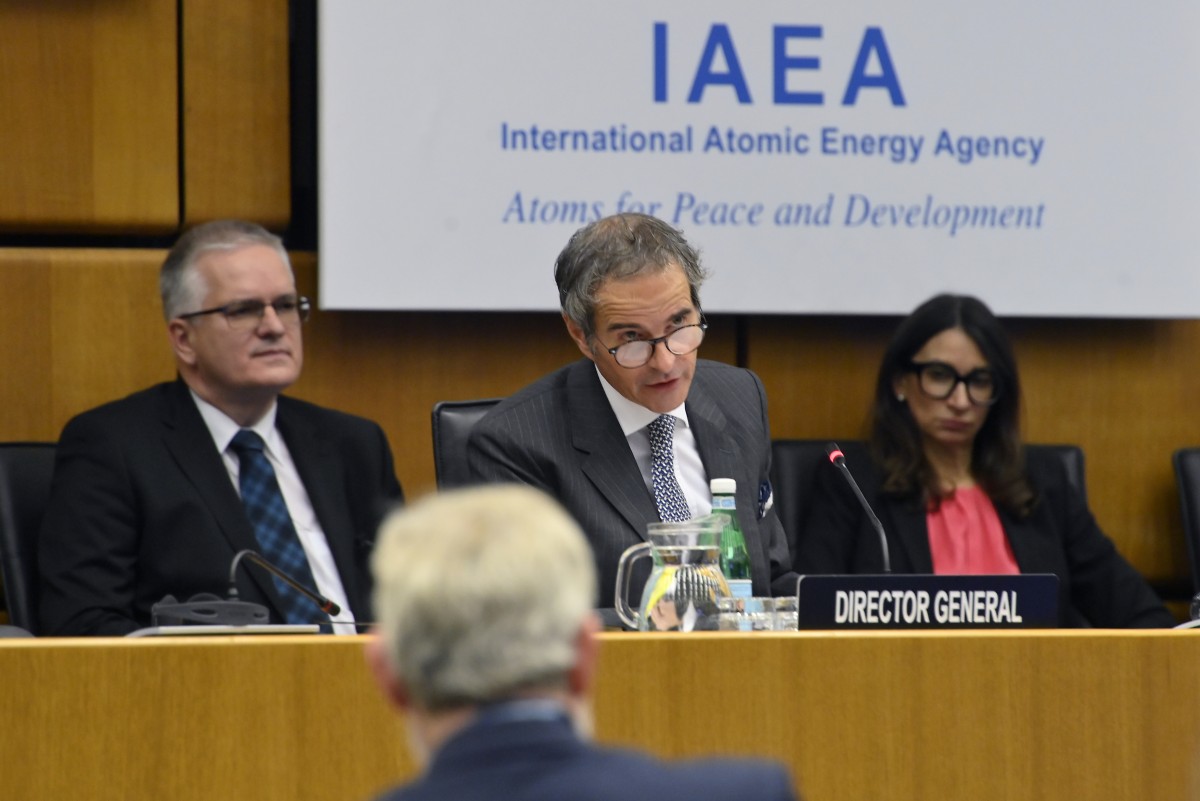Sponsored Content
Iran Threatens to Suspend Cooperation with IAEA: Escalation in Nuclear Dispute Feared
The Iranian parliament has passed a bill that would suspend cooperation with the International Atomic Energy Agency (IAEA). If the Guardian Council and the Security Council approve the bill, it would further escalate the already tense nuclear dispute and significantly hamper international efforts to ensure transparency in Iran's nuclear program.
 Rafael Grossi, IAEA Chief, faces pressure from Iran's suspension of cooperation, complicating nuclear monitoring and raising international concerns about the country's nuclear program. / Picture: © IAEA International Atomic Energy Agency / Dean Calma / Flickr Attribution (CC BY 2.0, https://creativecommons.org/licenses/by/2.0/)
Rafael Grossi, IAEA Chief, faces pressure from Iran's suspension of cooperation, complicating nuclear monitoring and raising international concerns about the country's nuclear program. / Picture: © IAEA International Atomic Energy Agency / Dean Calma / Flickr Attribution (CC BY 2.0, https://creativecommons.org/licenses/by/2.0/)
or Log In
Fast News Search





